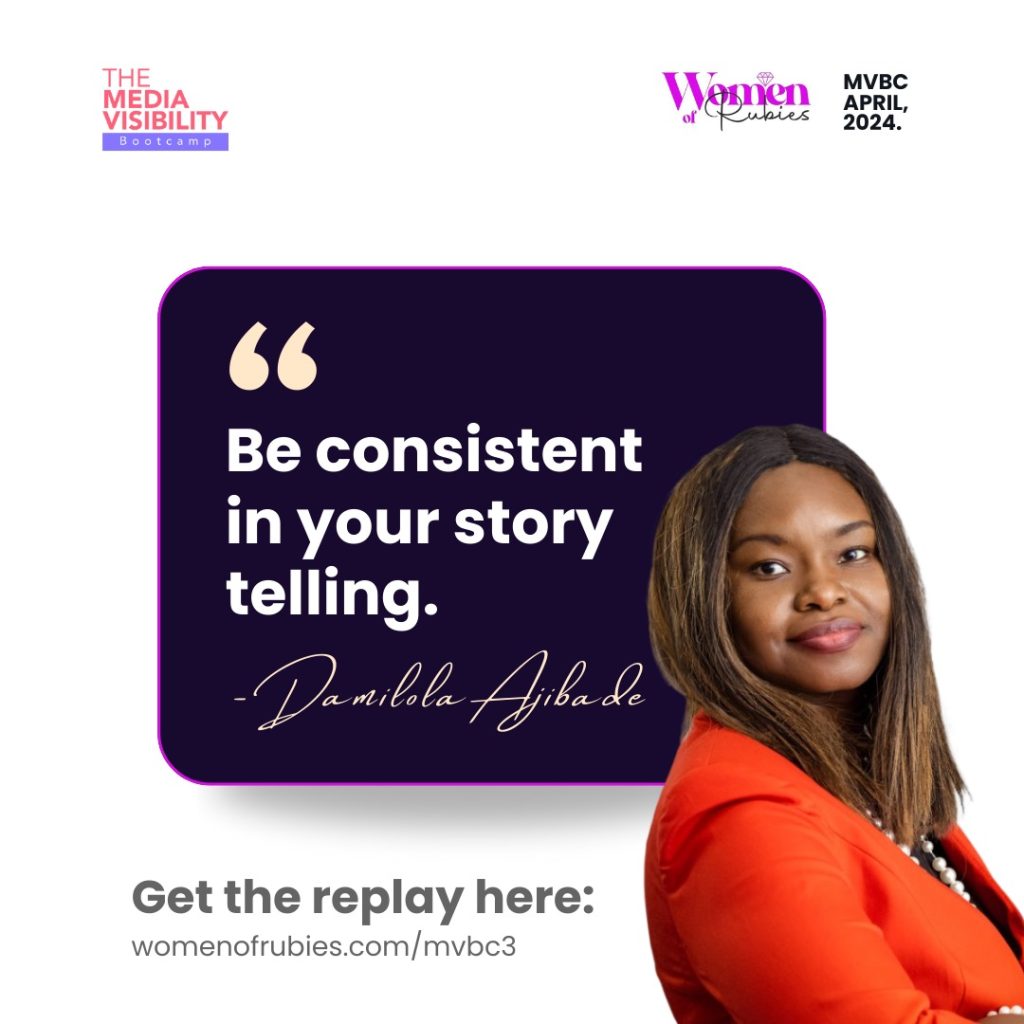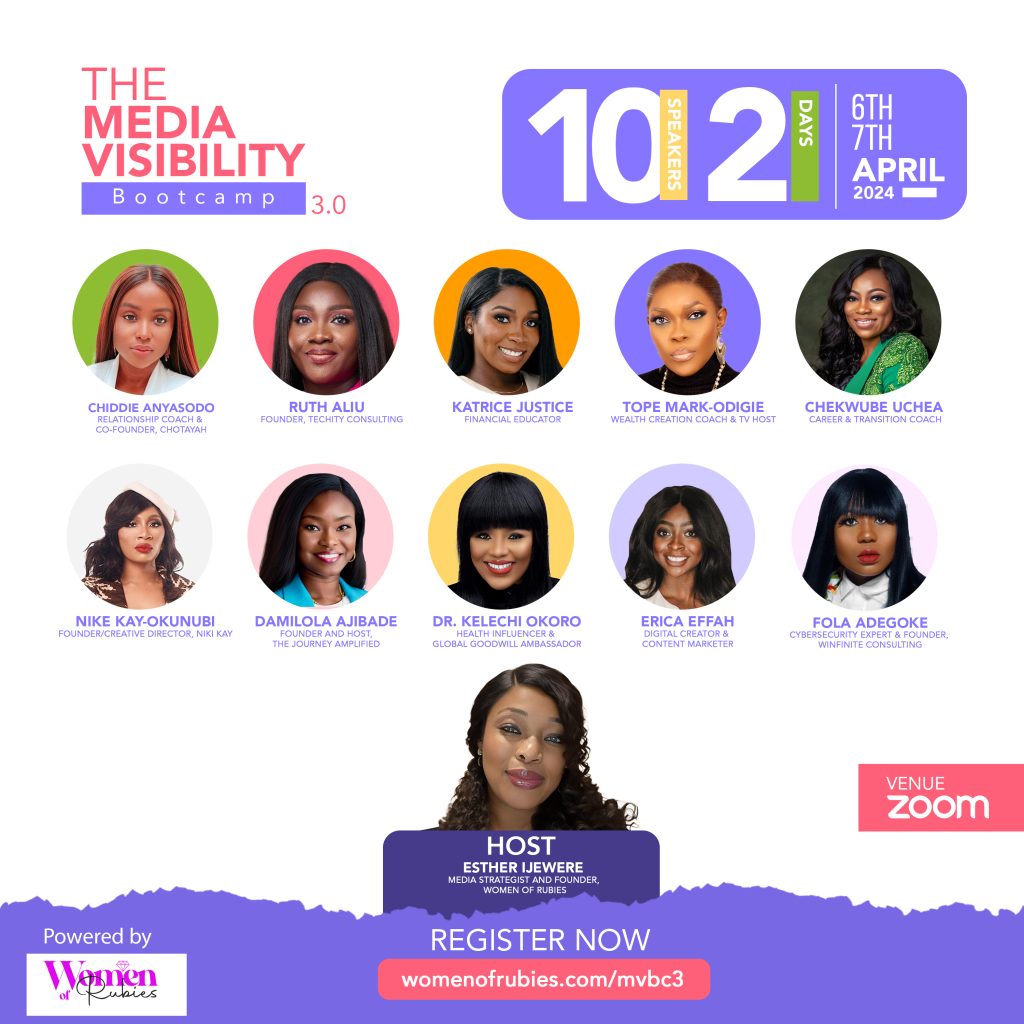Amidst the digital landscape, social media platforms have evolved into powerful tools for connecting with others and generating income streams. Facebook, boasting a massive user base and diverse features, offers individuals and businesses a lucrative opportunity to monetize their presence. If you’re keen on transforming your Facebook page into a source of revenue, you’ve landed on the right page. In this comprehensive guide, we’ll delve into the steps and strategies to monetize your page on Facebook.
Build a Strong Foundation
Before diving into monetization strategies, it’s crucial to establish a solid foundation for your Facebook page. This includes:
-
- Defining your niche: Identify your target audience and the content that resonates with them.
- Consistent branding: Maintain a cohesive brand identity through your profile picture, cover photo, and content style.
- Quality content: Create engaging, valuable content that keeps your audience coming back for more.
Grow Your Audience
A larger audience translates to more opportunities for monetization. Here are some effective ways to grow your Facebook page’s following:
-
-
- Post regularly: Consistent posting keeps your audience engaged and attracts new followers.
- Promote your page: Utilize Facebook ads and promotions to reach a wider audience.
- Collaborate with influencers: Partnering with influencers in your niche can expose your page to their followers.
-
Explore Monetization Options
Once you’ve built a sizable following, it’s time to explore monetization options available on Facebook:
-
-
-
- Facebook Ad Breaks: Eligible pages can monetize their video content by incorporating ad breaks. These short ad interruptions allow creators to earn revenue based on ad impressions and viewer engagement.
- Branded Content: Collaborate with brands to create sponsored content that promotes their products or services. Facebook’s branded content tool helps facilitate these partnerships and ensures transparency for both parties.
- Facebook Shops: If you sell physical or digital products, setting up a Facebook Shop allows you to showcase and sell your merchandise directly on your page.
-
-
Engage Your Audience
Active engagement is key to sustaining and growing your monetization efforts. Here’s how to keep your audience engaged:
-
- Respond to comments and messages promptly: Foster a sense of community by engaging with your audience and addressing their questions or concerns.
- Host live events: Live videos, Q&A sessions, and virtual events provide opportunities for real-time interaction and engagement.
- Encourage user-generated content: Encourage your followers to share their experiences and creations related to your page’s niche.
Analyze and Optimize
Regularly monitor your page’s performance and adapt your monetization strategies accordingly:
-
- Utilize Facebook Insights: Gain valuable insights into your audience demographics, content performance, and engagement metrics.
- Test and iterate: Experiment with different types of content, posting schedules, and monetization methods to identify what works best for your audience.
- Stay updated on platform changes: Facebook frequently updates its features and algorithms, so staying informed ensures that you’re maximizing your monetization opportunities.
In conclusion, monetizing your Facebook page requires dedication, strategic planning, and ongoing effort. By building a strong foundation, growing your audience, exploring monetization options, engaging your followers, and analyzing your performance, you can unlock the full potential of your Facebook presence and turn it into a profitable venture.
Remember, success won’t happen overnight, but with persistence and the right strategies, you can achieve your monetization goals on Facebook.
Happy monetizing!












